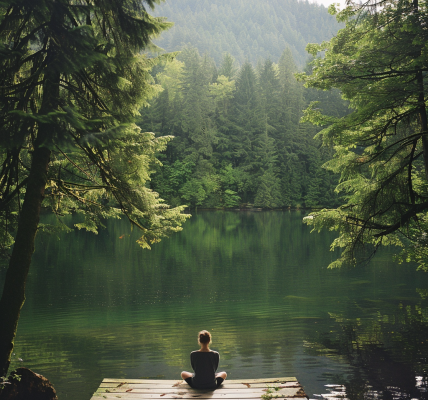Recent research conducted by La Trobe University has shed light on the potential impact of pasteurization on essential hormones in donor breast milk. The study suggests that pre-term babies consuming pasteurized donor milk may be missing out on crucial hormones like melatonin, which play a significant role in healthy infant development.
Melatonin, known for its anti-inflammatory and antioxidant properties, has been shown to reduce inflammation, oxidative stress, and cell death in pre-term infants. Moreover, the sleep hormone has been linked to improved clinical outcomes in pre-term infants with neonatal sepsis within a short period after administration.
Donor breast milk banks are vital for situations where mothers are unable to provide their own breast milk, particularly for sick or premature babies. In Australia, high-temperature pasteurization is utilized by donor banks to ensure the safety of the milk by eliminating harmful bacteria and viruses.
However, the La Trobe University study, led by Dr. Lauren Booker from the School of Psychology and Public Health, discovered that high-temperature pasteurization significantly reduces melatonin levels in breast milk. On average, melatonin levels decreased by 23.6% following pasteurization, potentially impacting the circadian rhythm of infants if consumed at the wrong time of day.
Breast milk contains hormones that follow a 24-hour circadian rhythm, with melatonin predominantly present at night and minimal during the day, influencing the infant’s sleep-wake cycle. Disruption of this hormonal timing could have long-term implications on the establishment of a healthy sleep pattern in infants.
Dr. Booker emphasized the need for policies in Australian donor breast milk banks to consider the timing of milk expression and the presence of circadian-timed hormones like melatonin. She suggested time-stamping donated breast milk to indicate when it was expressed and conducting pasteurization in batches based on the time of expression to preserve the hormonal integrity of the milk.
As the research continues to uncover the potential risks associated with providing infants with mixed or mistimed hormonal content in breast milk, it becomes imperative to prioritize the preservation of essential hormones, such as melatonin, in donor breast milk for the optimal development and well-being of pre-term infants.





